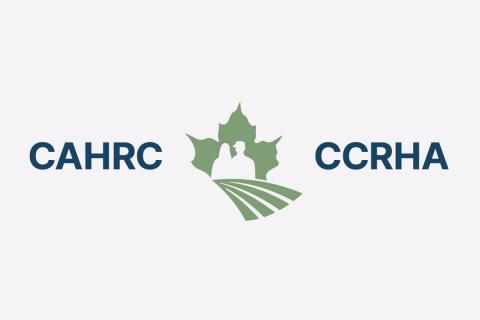The opportunities for education and skill-building in agriculture are as vibrant as the industry itself, and one new university program is tapping into this with the future workforce in mind.
In March, the University of Guelph’s Ontario Agricultural College (OAC) announced it would be adding a Master of Sustainable Agriculture to its suite of offerings. The 16-month program will cover the latest emerging trends in sustainable agriculture, economics, data analysis and agri-tech.
Students will gain career-focused skills through professional development courses. They’ll also network with potential employers through a variety of industry-focused internships and on-site visits to agricultural organizations. According to John Cranfield, acting dean at OAC, the curriculum strikes a thoughtful balance between being in the classroom and exposure to workplaces, making it a career “launch pad” for the next generation of workers.
“OAC’s strong focus on experiential learning and partnerships with agricultural organizations provide students with real-world, career-focused experiences,” Cranfield said.
Students who enroll in this program can specialize in plant agriculture, livestock agriculture or environmental sciences.
For plant agriculture, this could include topics in plant physiology, biogeochemistry, breeding and genetics and crop production systems. For livestock agriculture, the subject matter might consist of animal behaviour and welfare, breeding and genetics, physiology, nutrition and digital animal analytics. For environmental sciences, options range from soil sciences and agrometeorology to integrated pest management, pollinator biology and conservation.
The bigger picture
According to a report from CAHRC, there are approximately 204 work-integrated learning opportunities across 54 post-secondary institutions in Canada. Still, at a time when the agricultural industry must close its current and projected domestic labour gap, programs like U of G’s Master of Sustainable Agriculture are needed to ensure the future workforce is equipped with the right skills to meet market demands.
Research also says that in the agriculture and food and beverage manufacturing sectors, there have been concerns about aligning skills with the labour market now and into the future. When collaboration exists between employers and post-secondary institutions through programs with work-integrated learning, there is an opportunity and a higher likelihood of developing skills aligned with industry needs.
Work-integrated learning also provides students with an introduction to a potential career path while simultaneously offering employers the chance to train someone who could be part of their company’s longer-term future.
Ultimately, when we think about the sustainability of the industry and the next generation of workers and employers, the application and development of skills in the workplace is non-negotiable. It is a tool we must use as Canadian agriculture remains on track to reach its full potential.
